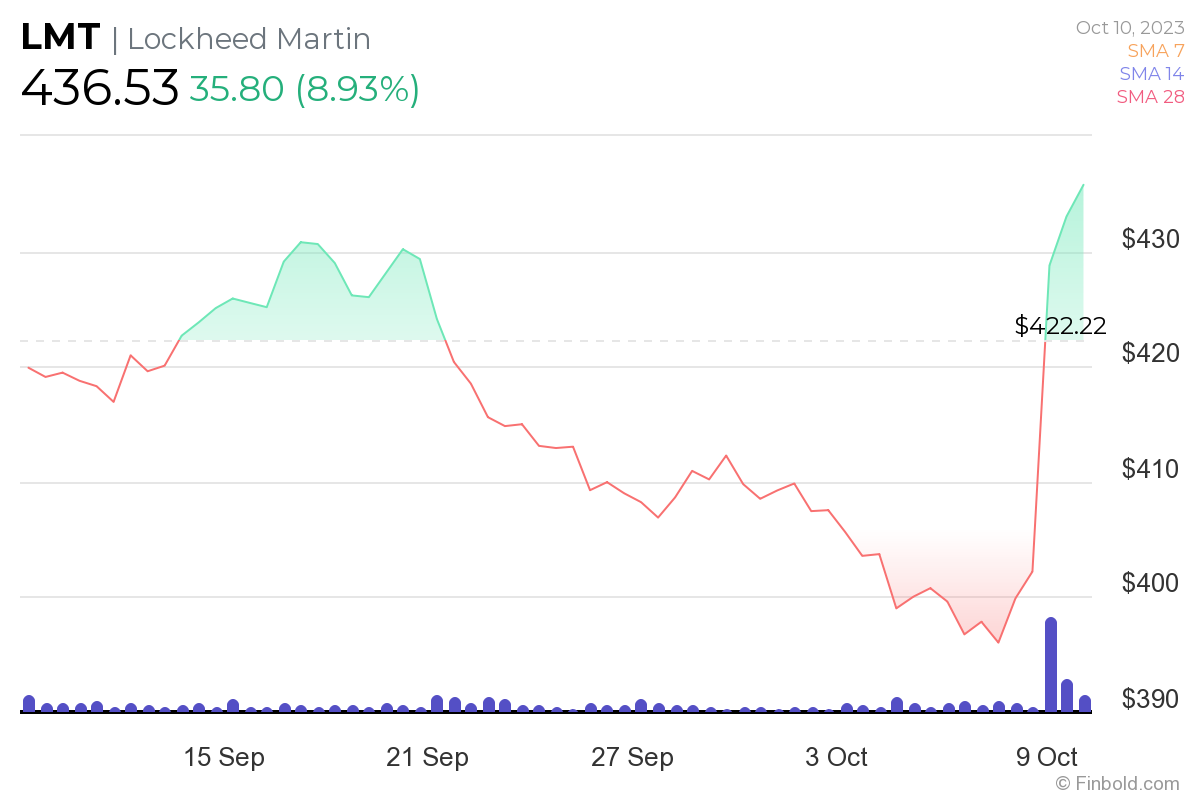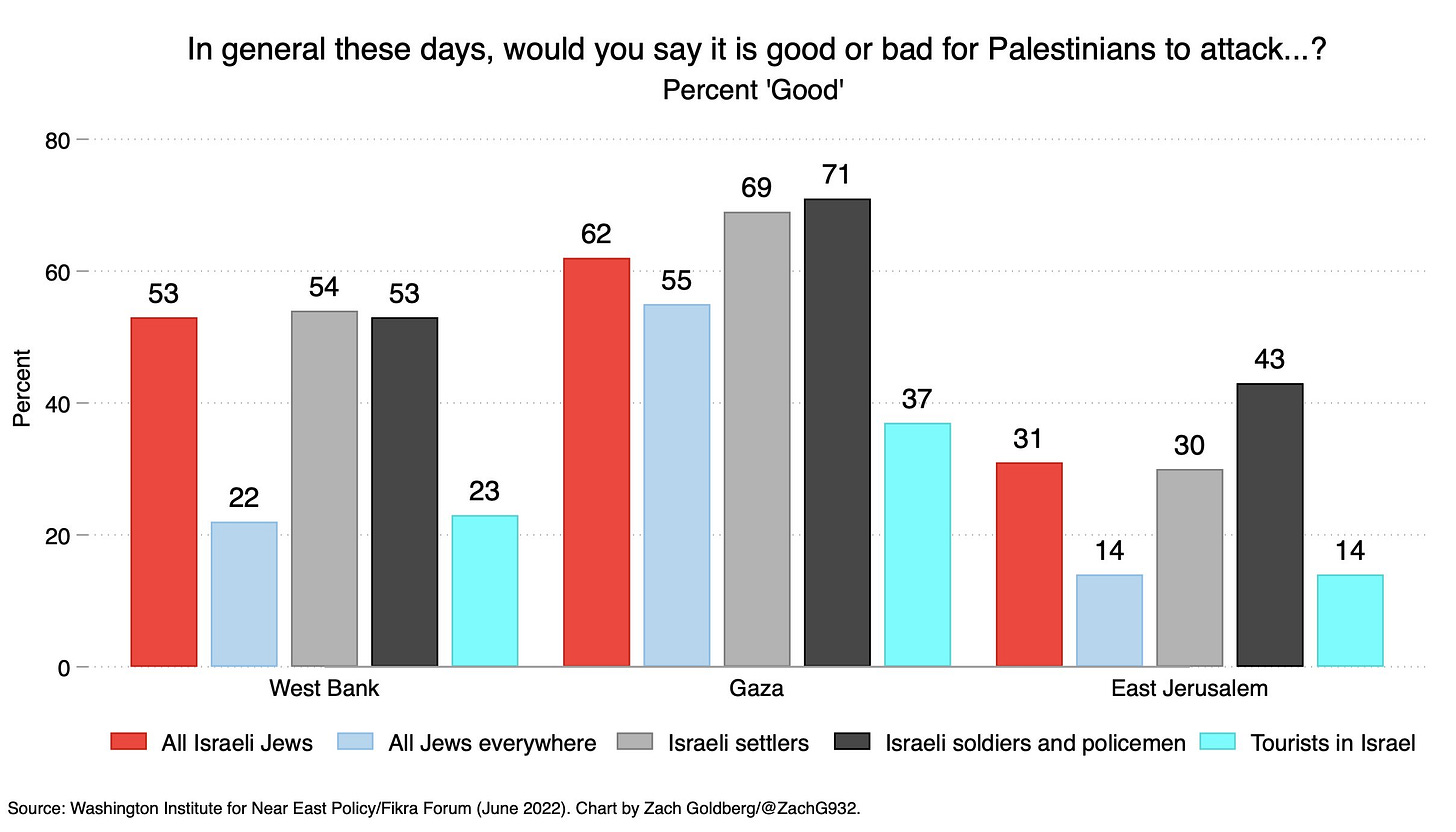Contemporary Leftwing Theories of Identity and Conflict
The Universal Declaration of Human Rights was supposed to be an objective moral code that applied to all human beings equally. Unfortunately, the rules were never agreed upon, they arguably contained Western biases, and they have so far been selectively enforced against weaker nations in the International Criminal Court for doing the same things that the Great Powers do all the time.
To the degree that Liberalism and Universal Human Rights have failed, or have been cynically exploited as a screen for colonial and imperial ambitions, Leftwing theories have come to prominence as alternative explanations of war and conflict, offering different solutions.
Marxism -
When the elephants fight, it’s the grass who suffers - African Proverb.
The easiest and most obvious use of Marxist critique on all of this conflict is that those at the bottom of the pyramid are going to do all the suffering, killing, and dying, and the people at the top are going to get richer and more powerful.
While civilians and soldiers are trapped in the hell of war, the politicians who start wars and the international corporations that sell weapons do fantastic for themselves. It’s no surprise that, according to Newsweek, “Military Contractor Stocks Have Skyrocketed Since Israel War Started.”

As much as wars are ever about religion, or retaliation, or land, or national integrity, or security interests, or stopping the evil doers, or safeguarding liberty from tyranny, they’re always also about resources.
Oil, oil pipelines, mineral deposits, etc. are always part of any complete narrative regarding conflict. For instance, the intense fighting in Ukraine is partially over wheat production and access to the minerals in Ukraine that are essential to manufacturing electric batteries. Israel and Hamas is occurring within a larger network of Middle East conflicts, and so is inherently tied up with geopolitical energy issues, particularly the moving of oil from the Middle East to Europe. The other constant Middle Eastern conflict is between Iran and Sunni Muslims vs. Saudi Arabia and Shi’ite Muslims, but this conflict too is deeply tied to oil pipelines and operating within the larger global competition for resources that draws in all of the world’s major powers.
China wants to retake Taiwan in no small part to gain control over the world’s computer chip markets. According to The Economist:
They are the chips that power everything from mobile phones to electric cars—and they make up 15% of Taiwan’s gdp. Taiwan produces over 60% of the world’s semiconductors and over 90% of the most advanced ones.
Feminism -
Rather than speak for women, here are some useful articles articulating the feminist position towards these conflicts:
Christine Seifert’s feminist take on Ukraine/NATO vs. Russia:
A feminist response would be to show solidarity with Ukrainian women and marginalised groups who have been fighting for more than a year for the existence of their homeland as a free, democratic and self-determined "normal European country".
Siobhan Byrne’s feminist take on Israel vs. Hamas
Following the Hamas attack, Women Wage Peace posted an image of a bloodied dove on their social media feed.
A week later, the movement issued a full statement on the rapid escalation of violence in Gaza:
“Every mother, Jewish and Arab, gives birth to her children to see them grow and flourish and not to bury them. That’s why, even today, amid the pain and the feeling that the belief in peace has collapsed, we extend a hand in peace to the mothers of Gaza and the West Bank.”
This was undoubtedly a difficult statement to write through their grief and anguish. Veteran Canadian-Israeli activist Vivian Silver, a founding member of Women Wage Peace, is among those Israelis presumed kidnapped or murdered in the Hamas attack. And today, Palestinians struggle to stay alive under Israel’s campaign of collective punishment in Gaza.
But this statement of cross-community solidarity — steadfastly insisting on peace in the face of war — is emblematic of the power and resolve of feminist anti-war collective action.
As the suspected future conflict between China and Taiwan hasn’t occurrred yet, I was not able to find many articles on the subject. However, I did fin Alison Brysk’s article ‘Constructing rights in Taiwan: the feminist factor, democratization, and the quest for global citizenship’, from which this abstract is drawn:
In an era of worldwide rights regression, beleaguered Taiwan remains Asia’s most democratic, gender equitable, and liberal internationalist nation. What accounts for this seemingly exceptional record—and how does the feminist factor contribute to the construction of rights? Bridging constructivist and feminist scholarship, this essay argues that gender equity is a force multiplier for democratization as it empowers civil society and fosters legitimacy at home and abroad. In a three-level game, states at the margin of the international system may benefit from rights reform that expands the national interest and delivers material and reputational rewards. The case of Taiwan illustrates the dynamics of the double transition to liberal democracy and a liberal gender regime and its projection to world politics. The rewards of rights for Taiwan suggest a wider range of options even in small states facing regional challenges—and greater attention to the feminist factor in world politics.
And finally, here is the Stanford Enclycopedia of Philosophy’s article on ‘Feminist Perspectives on Power’, including Postcolonial an Decolonial feminist approaches.
Critical Race Theory, Intersectionality, and Decolonization

American Jews, like White women and successful Asians, find themselves stuck within the Wheel of Privilege as occupying a middle space where they are Oppressed in some ways, but are Oppressors in others. Religious Jews who believe in sexual moral codes regarding sex and gender are much more likely to be steered towards the Oppressor end of the spectrum, and Jews who support Israel over Palestine are so close to the Oppressor end as to be labeled White supremacists and Far Right.
While they have a history of being oppressed by Europeans (Persecutions, The Holocaust, The Spanish Inquisition, etc.), the West is conceived within the Hegelian, Marxist, Critical Theory, Decolonization as being a project of domination, wherein the Most Privileged (White, male, cishet, etc.) built Western civilization out of oppressing the Least privileged (BIPOC, queer, etc.).
Beyond identity, any defense of the world as it is, as opposed to how it could be if all power imbalances were rectified, are inherently conservative in that it conserves contemporary geopolitical structures.
Israel being allowed to survive on land that in the recent past was occupied by Palestinians is the conservation of a European-like state, which then becomes a source of oppression, making its supporters Oppressors and reactionary obstacles to be overcome.
This view of Israel as a ‘White colonial apartheid state’ would be fringe, except that American faculty skewing heavily Left there is tremendous cost to teachers who don’t sign on to every progressive opinion, including Settler Colonial Theory, which creates pressure to conform for both students and would-be dissident professors. This now extends beyond higher education to K-12 Education and even the Sex Workers Union of all people. From Steinberg (2023):
As of October 23, 64 percent of 18- to 24-year-olds think what happened on October 7 was a terrorist attack. Seventy-seven percent of us think “it’s true that Hamas terrorists killed 1,200 Israeli civilians by shooting them, raping and beheading people including whole families, kids and babies.” But when asked, “in this conflict do you side more with Israel or Hamas?”
Forty-eight percent said Hamas.
This Legal Insurrection article describes the shock felt by Liberal Jews seeing academia turn on them as a Punctuated Equilibrium. For instance, following the attacks on Israeli civilians, 1,700 US Sociologists signed a letter condemning Israel,
As sociologists and human beings, we unreservedly condemn the latest violence against the Palestinian people in Gaza an the West Bank at the hands of the Israeli regime.
Hence, it is no surprise to see pro-Palestine and pro-Hamas protests coming out of the American university system. These images are from Washington University, courtesy of @StopAntisemism:
This grouping of Jews as a sub-group of ‘Oppressor’ Whites is shared by many Leftwing political parties around the globe. South African Far-Left ‘Economic Freedom Fighter’ Party President Julius Malema endorses genocide against minority Whites in his country and vows to arm Hamas to kill Israelis. While traditional Just War doctrines make clear distinctions between legitimate and illegitimate targets is blurred among Palestinians (2022):
Steve McGuire has a nice little list of collected articles on Academia supporting the Palestinians and Hamas here.
Thank you for reading. As always, if there is a better way to explain all of these basic theoretical approaches to understanding war, I’m always happy to edit these articles to better steel-man the various positions.
With the basics established here and in Part 1, I plan to now go into more depth covering specific conflicts, starting with Ukraine/NATO vs. Russia.








